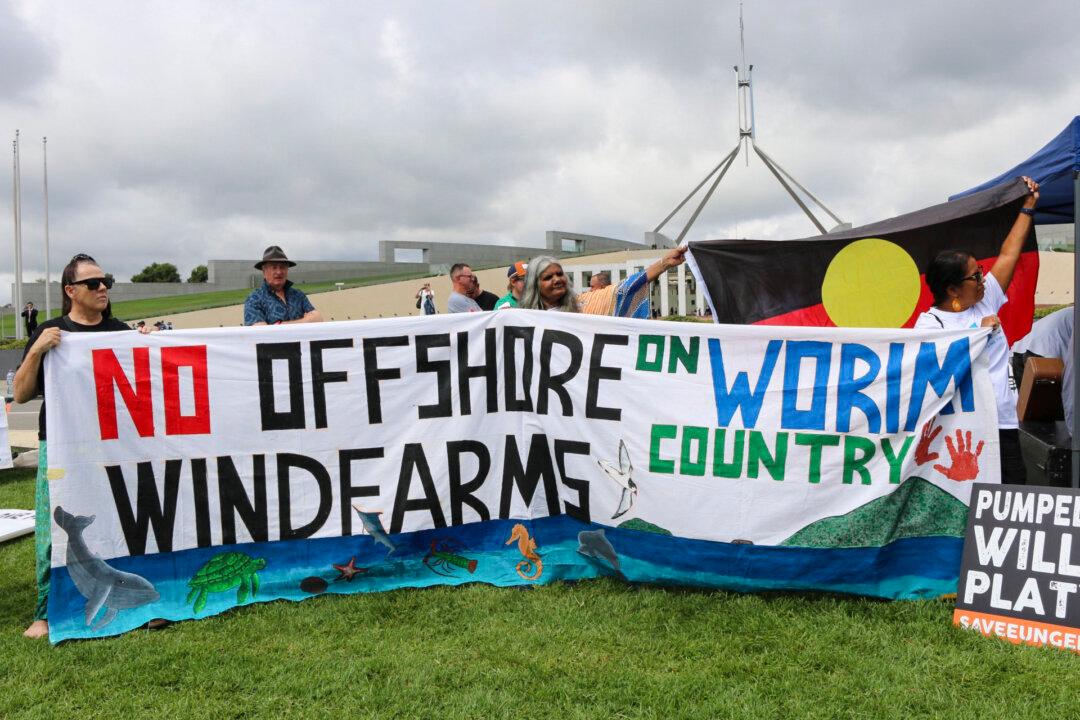The Australian economy could lose billions of dollars from making freight trucks “go green,” among other road user costs, a parliamentary hearing has heard.
Inflation and a post-pandemic recovery were the revolving topics at the hearing on Aug. 21, highlighted by the aviation, tourism and transportation industries, with advocates voicing their frustrations with the push for getting trucks off diesel, which could cost the economy up to $264 billion (US$169 billion).




